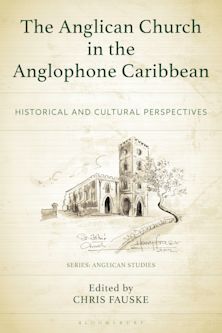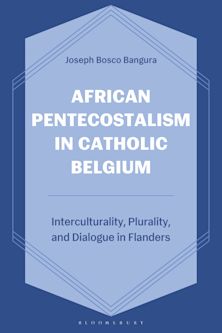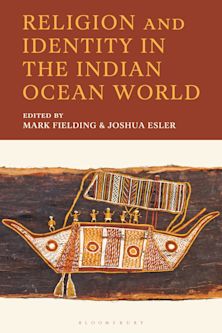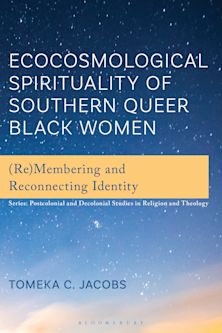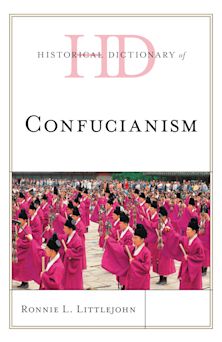Communication, Media, and Identity
A Christian Theory of Communication
- Textbook
Communication, Media, and Identity
A Christian Theory of Communication
- Textbook
This product is usually dispatched within 3 days
- Delivery and returns info
-
Free CA delivery on orders $40 or over
Description
Communication, Media, and Identity: A Christian Theory of Communication is the first comprehensive theoretical look at the nature of communication from a biblical Christian perspective. This groundbreaking new work discusses the implications of such a theory for interpersonal relations, use of media, and the development of digital culture in the wake of the computer. It also draws widely from the literature of the secular world, critiquing perspectives where necessary and adopting perspectives that are in line with Christian anthropology, epistemology, and ontology. Through this unique lens, the reader is able to understand communication as an art, as a tool for evangelism, and as a unique human activity that allows people to have a stake in the creation. It covers both mediated and non-mediated forms of communication, is sensitive to theological differences within the Christian faith, and examines closely the problem of technology, and especially digital technology, for the practice of communication.
As the newest book in the Communication, Culture, and Religion Series, Robert Fortner's work illuminates the theological aspects of communication.
Table of Contents
Chapter 2 Figures
Chapter 3 Chapter 1: What is Communication?
Chapter 4 Chapter 2: Communication: Theology and Theory
Chapter 5 Chapter 3: Communication as a Relational Activity
Chapter 6 Chapter 4: Communication through Technology
Chapter 7 Chapter 5: Communication as if People Mattered
Chapter 8 Chapter 6: Communication as Art
Chapter 9 Chapter 7: Communication and Culture
Chapter 10 Chapter 8: Communication, Information, and Knowledge
Chapter 11 Chapter 9: Christian Intimacy and the Self in a Digital World
Chapter 12 Chapter 10: Communicating in Cybernetic Culture
Chapter 13 Chapter 11: Implications
Chapter 14 References
Chapter 15 Index
Product details
| Published | Nov 27 2006 |
|---|---|
| Format | Paperback |
| Edition | 1st |
| Extent | 298 |
| ISBN | 9780742551954 |
| Imprint | Rowman & Littlefield Publishers |
| Dimensions | 233 x 155 mm |
| Series | Communication, Culture, and Religion |
| Publisher | Bloomsbury Publishing |


















